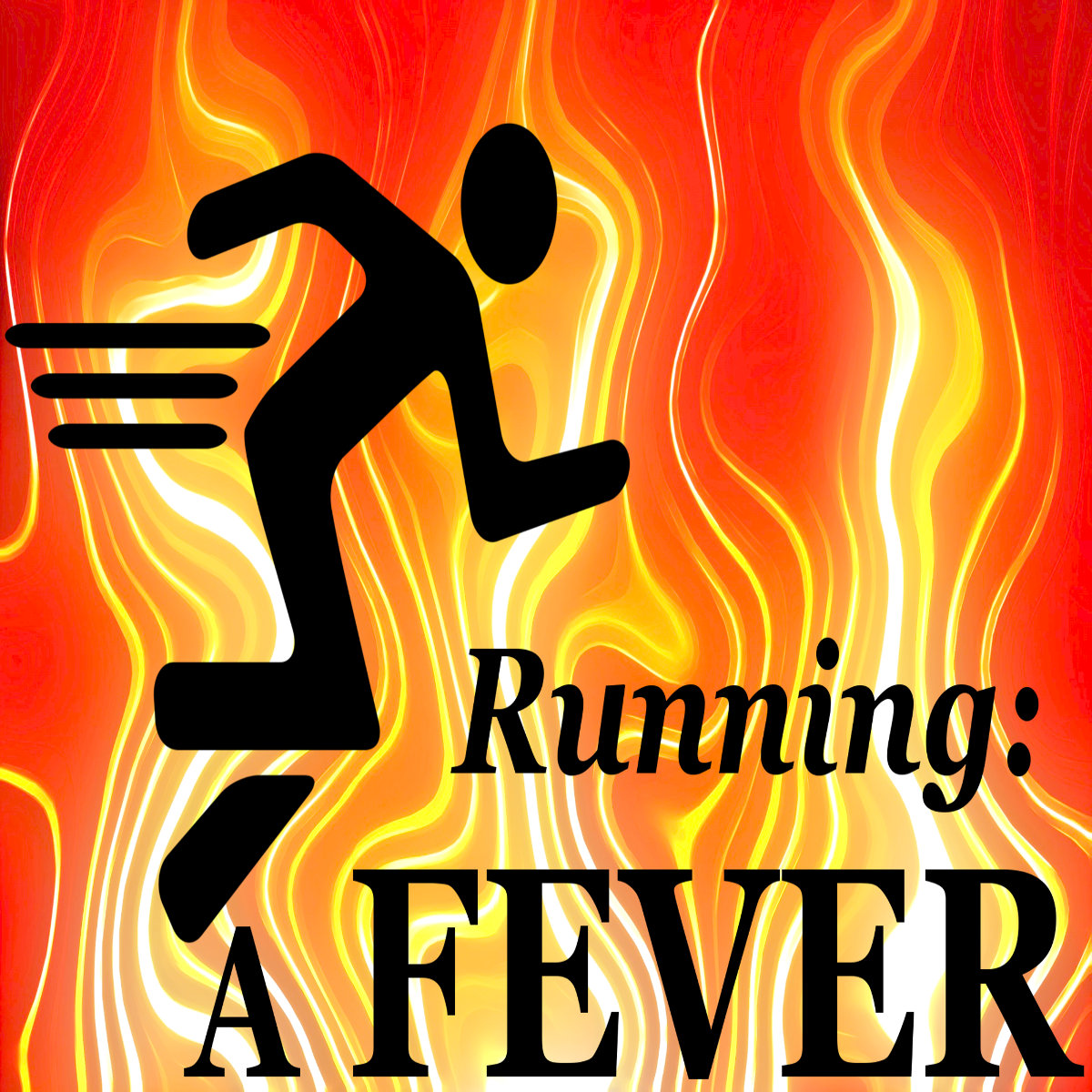Going into this series, I knew good oral care was important. That’s why I chose to do the series. But I honestly had no idea how important it really is. I’m concerned about my risk of stroke and heart disease. I’ve been overweight most of my life, I have high blood pressure, and my parents have both had strokes. I really didn’t know the extent to which bad oral care (or genetic factors in oral health) could impact my risk in those areas in particular. It gives me new motivation to treat my teeth and gums better. Possibly we need an episode on inflammation in general as well.
Let’s take a look back at what we’ve covered:
1. Dry mouth. Many people may not even know they have this or that it is a problem. But we discovered that it is. Dry mouth means there is less saliva in the mouth, and saliva is terribly important in maintaining a pH balance and restoring lost minerals in tooth enamel.
2. Diet. It was no surprise to learn that sugar is bad for your teeth. But now we know that starchy foods like potatoes can also feed the bad bacteria in your mouth. Apart from sugary foods, we found out that how often we eat is as important or more important than what we eat in maintaining a healthy level of saliva and, thus, a healthy pH balance.
3. Then we learned about biofilm, the strong matrix of microbes that covers our teeth. It’s not good or bad. How we eat affects whether it contains good bacteria (the kind that keeps a healthy balance) or bad bacteria (the kind that promotes tooth decay).
4. The episode on genetics communicated the fact that our dental woes are not necessarily our own fault. Genes can determine whether we have those issues or not. And breaking news—there are tests that can tell us whether those genes contain harmful mutations that can affect tooth development, saliva production, and taste.
5. Although pH was mentioned frequently throughout the series, there was a whole episode on it. This deeper dive explained what pH is, what causes it to be high or low, and the impact of low pH on mouth health. We also learned more about how food and drink impact pH.
6. From there, we went from the knowledge section to the action section, with three action-packed episodes. Protection was the first. Here, we discussed the therapies available to help prevent tooth and gum disease, including high-pH rinses and treatments, fluoride treatments, xylitol, and sodium hypochlorite.
7. Next, we discussed a plan to move forward in your journey to better dental health. I asked a series of questions you can ask yourself to get you there and start making the plan.
8. Finally, we went into what may have been the most useful episode in the series, in my opinion. It is about whole-body health and how oral care, in particular gum health, is affected by and affects diseases that impact the major systems in the body. It’s worth listening to again, and I plan on taking some action myself after writing and producing it.
And that is the series. I was going to say that WAS the series, but then I remembered that anything on the internet is forever. You’ll always be able to access the series for multiple listens and views. And the text is also available to read at http://RunningAFEVER.com.
I want to take a moment to thank Dr. V. Kim Kutsch, DMD, whose book Why Me? The unfair reason you get cavities and what to do about it, is the primary inspiration for this series. And if you’re wondering what a DMD is, it’s the same thing as a DDS. Different dental schools call it different things. Basically, he’s a dentist.
So, thanks for watching and listening. I hope you liked the series. Please let me know by emailing mail@runningafever.com or, even better, by commenting on this episode on YouTube.com/@runningafever. So, if you’ve got the fever, keep it burning. And if you don’t, catch the fever, and I will see you next time on Running: A FEVER.
Reference:
https://www.google.com/search?q=what+is+a+dmd+dental&rlz=1C1GCEB_enUS870US870&oq=what+is+a+DMD+dental&gs_lcrp=EgZjaHJvbWUqBwgAEAAYgAQyBwgAEAAYgAQyBwgBEAAYgAQyCAgCEAAYFhgeMg0IAxAAGIYDGIAEGIoFMg0IBBAAGIYDGIAEGIoFMg0IBRAAGIYDGIAEGIoFMg0IBhAAGIYDGIAEGIoFMgoIBxAAGKIEGIkFMgoICBAAGIAEGKIEMgoICRAAGIAEGKIE0gEINTQxNWowajSoAgCwAgA&sourceid=chrome&ie=UTF-8#vhid=zephyr:0&vssid=atritem-
Kutsch, V. Kim. Why Me? The unfair reason you get cavities and what to do about it. Anacortes, Washington: Soapbox Publishing, 2020.
